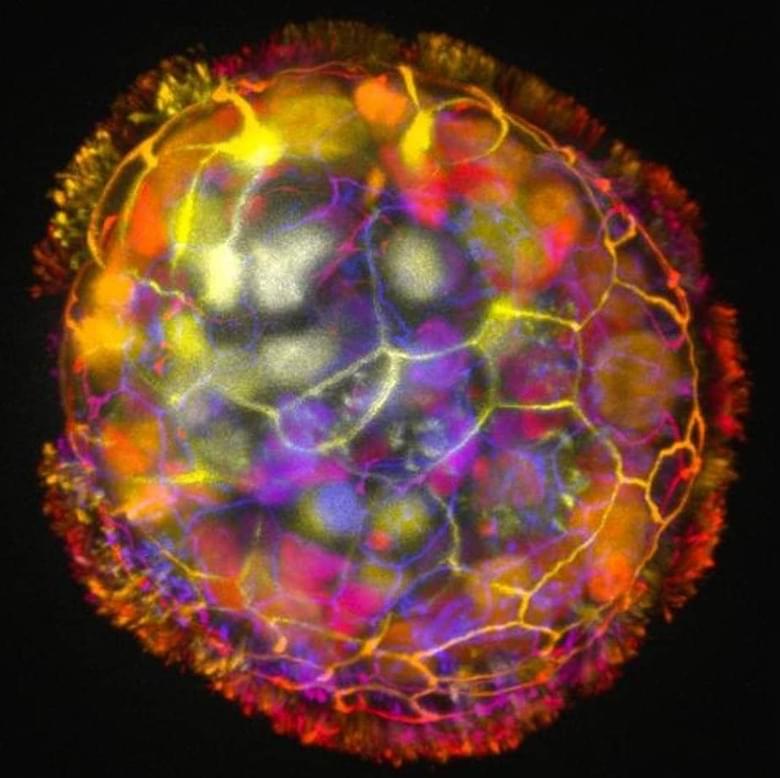Experts say when it comes to supplements for antiaging, your winning formula will depend on your body. Top picks include vitamin D and magnesium.


Join us on Patreon! https://www.patreon.com/MichaelLustgartenPhD
Discount Links:
Epigenetic, Telomere Testing: https://trudiagnostic.com/?irclickid=U-s3Ii2r7xyIU-LSYLyQdQ6…M0&irgwc=1
Use Code: CONQUERAGING
NAD+ Quantification: https://www.jinfiniti.com/intracellular-nad-test/
Use Code: ConquerAging At Checkout.
Oral Microbiome: https://www.bristlehealth.com/?ref=michaellustgarten.
Enter Code: ConquerAging.
At-Home Metabolomics: https://www.iollo.com?ref=michael-lustgarten.
Use Code: CONQUERAGING At Checkout.
At-Home Blood Testing (SiPhox Health): https://getquantify.io/mlustgarten.



Regenerative medicine might just have had a new tool added to its arsenal: Scientists have created tiny biological robots out of living human cells. Though they may be small, the self-assembling bots are mighty, with a study demonstrating their potential for healing and treating disease.
The team had already proven their biological robotics chops back in 2020 with the creation of Xenobots, made from frog embryonic cells. They even managed to design Xenobots so that they could reproduce in a way that no living animal or plant does, something that had never been seen before.
The researchers weren’t sure whether the incredible capabilities of the Xenobots were in some way down to their amphibious origins, so they wanted to find out if biobots could also be created from the cells of other organisms. And why not begin with humans?

The hypertension drug rilmenidine has been shown to slow down aging in worms, an effect that in humans could hypothetically help us live longer and keep us healthier in our latter years.
Previous research has shown rilmenidine mimics the effects of caloric restriction on a cellular level. Reducing available energy while maintaining nutrition within the body has been shown to extend lifespans in several animal models.
Whether this translates to human biology, or is a potential risk to our health, is a topic of ongoing debate. Finding ways to achieve the same benefits without the costs of extreme calorie cutting could lead to new ways to improve health in old age.


Summary: Researchers developed ‘Anthrobots,’ microscopic biological robots made from human tracheal cells, demonstrating potential in healing and regenerative medicine.
These self-assembling multicellular robots, ranging from hair-width to pencil-point size, show remarkable healing effects, particularly in neuron growth across damaged areas in lab conditions.
Building on earlier Xenobot research, this study reveals that Anthrobots can be created from adult human cells without genetic modification, offering a new approach to patient-specific therapeutic tools.
